
If you are elected to the board, what will be your two top priorities?
England
-
Martin Astbury, community pharmacist -
Nadia Bukhari, senior teaching fellow, University College London school of pharmacy -
Mark Collins, locum pharmacist, director of CFM Health Ltd -
Richard John Daniszewski, pharmacist manager, SK Lo Pharmacy, Barnsley -
Jane Devenish, NHS standards and services pharmacist, Well Pharmacy -
Ian Fraser, locum pharmacist -
David Gallier-Harris, pharmacist, Asda Stores Ltd -
Sandra Gidley, locum pharmacist -
Hala Jawad, practice pharmacist/community pharmacist; founder of iPharmacist UK -
Brendon Jiang, senior clinical pharmacist, Taunton Symphony Test and Learn; GP pharmacist, CLICK Federation; community pharmacist, Boots UK -
Ben Merriman, pharmacist, Gorgemead Ltd T/A Cohens Chemist -
Mahendra Gulabbhai Patel, principal enterprise fellow and senior academic pharmacist, University of Huddersfield; Pharmacy research champion, Yorkshire & Humber Local Clinical Research Network, National Institute for Health Research -
Stephen Riley, senior primary care manager NHS England; self-employed community pharmacy and medicines optimisation service provider; director, Medicines Optimisation Ltd -
Sally Omolara Rose, locum pharmacist, community -
Robert Severn, branch manager, Well Pharmacy, Radcliffe on Trent, Nottingham -
Ashok Soni, pharmacist, Copes Pharmacy -
Altaf Vaiya, community pharmacy manager/director
Scotland
-
Ewan Black, pharmacy superintendent and manager, Greenhead Pharmacy, Dumbarton -
Jonathan Burton, community pharmacist and director, Right Medicine Pharmacy, University of Stirling -
Ross Ferguson, freelance clinical author; freelance pharmacy and healthcare writer; editor of pharmacyinpractice.scot; creator of Kid-Dose app, and locum pharmacist -
Ailsa Power, associate postgraduate pharmacy dean, NHS Education for Scotland -
Deborah Alice Stafford, principal pharmacist for education, training and development within NHS Tayside
England
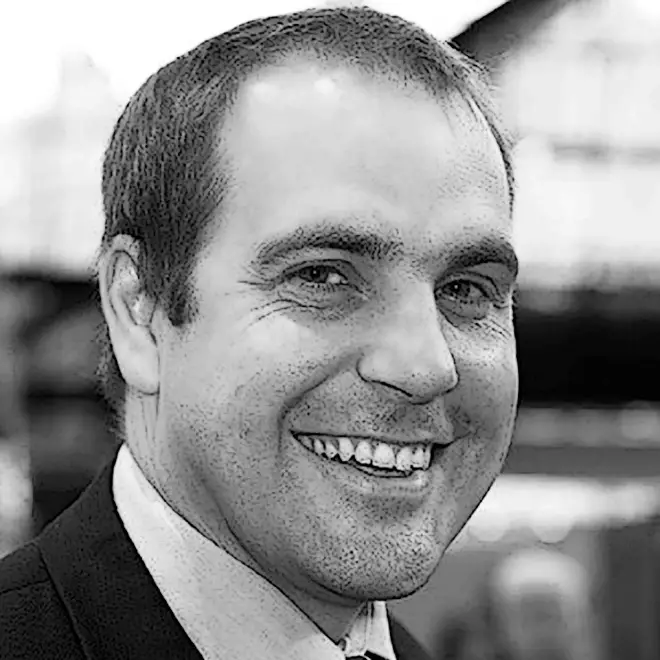
Martin Astbury, community pharmacist
1. A very high priority is ensuring there are enough jobs and roles for pharmacists — both for those already on the register and those many set to qualify over the next few years. Oversupply pushes wages and quality down. Now, with more pharmacists than jobs, the multiples will pay us as little as they can get away with. If you have a professional disagreement with an employer, it can sometimes be difficult to maintain professional integrity when you know you can be replaced by someone who will play ball. More pharmacists being utilised wherever medicines interface means better care for the public.
2. Another priority is for the public to better recognise the positive impact pharmacists have wherever they are working, regardless of which sector. Is the public aware of the healthcare value adding roles pharmacists are playing in hospital, primary care, industry and GP surgeries? Does the public know that community pharmacists seamlessly intercept 6 million doctor prescribing errors per year and that we have 1.5 million patient interactions a day across the network?

Nadia Bukhari, senior
teaching fellow, University College London school of pharmacy
I understand the challenges that the profession faces, but also feel there is a great opportunity for us to develop new ways of working to further enhance the profession.
Aligned to these new ways of working is a need to advocate these roles to the public and other health and care professionals. For these new roles to be sustainable in the long term there needs to be sufficient access to high quality education and training for all pharmacists. As your voice on the board I will push for recognition of all roles within the profession, advocate for new ways of working, continued promotion of the profession to the public via all available avenues and collaborative partnerships with education providers to ensure high quality education for all pharmacists.
1. My first priority is to develop and champion the education and training of pharmacists to support the new challenges the profession faces. My vision is to provide leadership to support the RPS to advocate the pre-foundation, foundation and faculty journey for pharmacists in order to develop the profession to improve patient outcomes.
2. Widespread engagement and understanding regarding the value of pharmacists is key. My second priority is to support the RPS with their work to give the profession the exposure and prominence it deserves: via engagement with the public, members, other healthcare practitioners and by having discussions on a government level. I want to ensure your worries and concerns are listened to and your aspirations are acted on.

Mark Collins, locum pharmacist, director of CFM Health Ltd
1. Ensuring that the decriminalisation of dispensing errors is drafted into law. It is absolutely incomprehensible to me that as healthcare professionals, when we are working under the increasingly stressful conditions that is NHS Pharmacy, when carrying out our duty of care for patients, an error could be criminally prosecuted! The NHS wants to use our skills as pharmacists more, but this fundamental issue is holding us back.
2. Our day-to-day jobs are already too stressful and getting worse on a daily basis. My experience is that while we are all pharmacists, we are still working in silos: professional cooperation, courtesy and respect between fellow pharmacists just doesn’t happen often enough. Whichever area of pharmacy you are working in – community, GP, primary care or hospital, whether you are a locum or employed – it shouldn’t matter, you are a pharmacist! That should mean mutual respect and understanding as a fellow pharmacist professional whenever you interact and communicate. The stressful working environment we are all in means, understandably, we tend to forget that we are not the only one working under those conditions. I want to develop enhanced mutual understanding, “a trouble shared is a trouble halved”, and that when we are contacted by a fellow pharmacist or we contact them you are speaking to an understanding friend! The RPS is the ideal conduit to develop this. The local practice forums (LPFs), in my experience, haven’t really achieved their potential yet; I want to use my experience of interface working to develop this.

Richard John Daniszewski, pharmacist manager, SK Lo Pharmacy, Barnsley
1. Enhanced integration of community pharmacy into the NHS clinical agenda: community pharmacists play an invaluable role at the front line of patient care promoting self-care, providing minor ailments advice and medicines optimisation. The NHS has limited financial resources, and must work smarter to make efficiency savings but still achieve quality outcomes. The Community Pharmacy Quality Payments scheme has been recently introduced by the government to reward community pharmacy contractors for delivering on certain “quality elements”. However, I believe that we need to develop and deliver a more clinical and patient-focused quality payments scheme which will make better use of the clinical expertise of the community pharmacist and lead to greater patient safety and medicines optimisation. We can only achieve this through working together with patients, working seamlessly across care settings and working closely with our healthcare professional colleagues.
2. Working to ensure that the English Pharmacy Board (EPB) represents and engages with the whole of the profession nationally and locally: why are not all pharmacists RPS members? This is a question that the EPB needs to ask itself, but more importantly, it needs to ask the members and non-members. The EPB needs to engage with all members across all sectors, nationally and locally, to ensure that members are effectively supported in their day-to-day practice. We must ensure that members feel supported locally through the local practice forum/local engagement network and we need to introduce a more effective two-way feedback system between the EPB and the RPS members to help members practise in a rapidly changing healthcare environment.
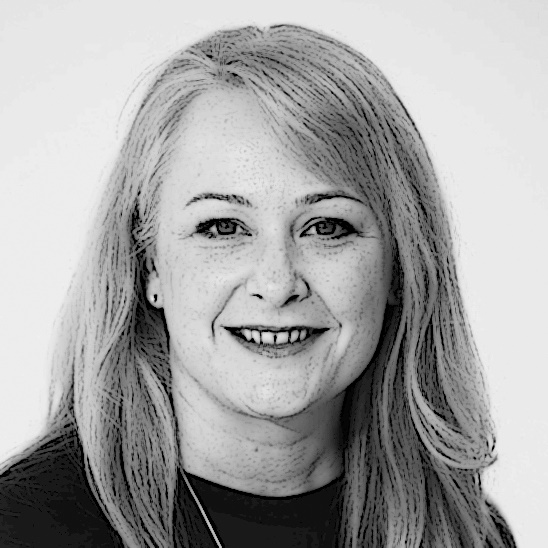
Jane Devenish, NHS standards and services pharmacist, Well Pharmacy
If elected to the board my top two priorities will be:
- To ensure that we seek, review and respond to the needs of our diverse profession.
- To deliver a consistent message that integrating pharmacy’s patient-centred work into health systems could transform healthcare for the population of the UK.
A professional body needs to be aspirational and needs to lead the way, but it must stay in touch with the profession, recognising its achievements and feeling the pain experienced by its members. I will ensure that all of the pharmacy team are represented; pharmacists who are actively engaged and commit to day seminars and local forums, but also those who find that their complex job supporting patients, often with long hours, means that they have little time for a professional body that puts additional demands on them but need one that will stand up for them and their views.
I will push for managed change within the profession. At a time of flux within healthcare there is an opportunity to develop further. The professional body should be working for our members and the wider profession to facilitate this change–working with others to ensure that our skills are not overlooked, so that we can all get behind a new way of improving the health of the patients we care so much about.

Ian Fraser, locum pharmacist
1. My first priority would be to enhance the standing of the profession by examining the resources that the RPS has available to commit to media campaigns illustrating the value of pharmacists both in clinical roles within GP surgeries and hospitals and in community locations. While other medical professionals frequently prove the significance of their contributions to the NHS by threatening to withhold their services, pharmacists appear to find such actions abhorrent and many pharmacists take pride in never having taken such actions. However, when we examine the reward for such loyalty in purely commercial terms it appears that in pay/remuneration we have been overlooked for the past twenty years, receiving funding cuts while allied professionals achieve satisfactory settlements. We must spend time and funding to illustrate the potential losses and damage that an underfunded pharmacy sector would cause.
2. My second priority would be to engage the thousands of pharmacists and large multiple chains who are not members of the RPS. If we cannot form a united profession we have little hope of influencing government officials and stakeholders. It is therefore essential that the RPS expand or adapt its offering such that it can bring these missing members on board in order to create a truly representative and powerful body for the future of pharmacy.
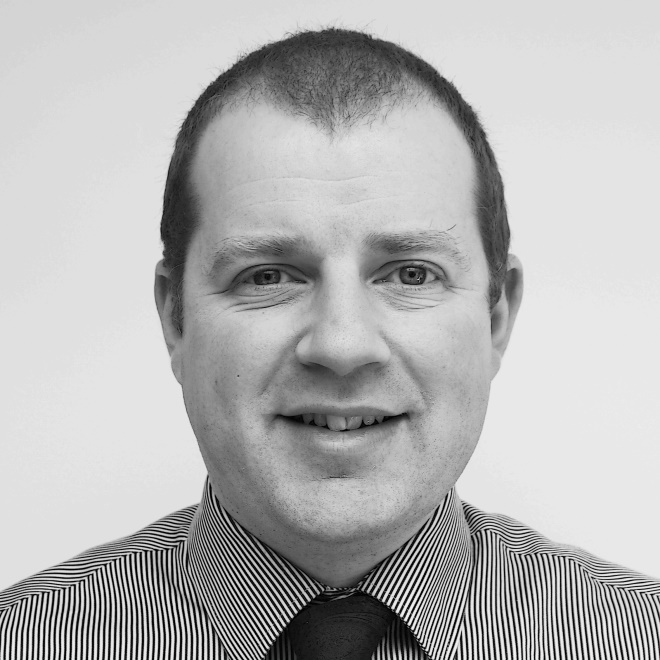
David Gallier-Harris, pharmacist, Asda Stores Ltd
If elected to the board my top two priorities will be facing up to the challenges overwhelming community pharmacy and driving the development of ‘One Voice for Pharmacy’.
1. The challenges and threats to the survival of the pharmacy network and inherently the services we give to patients must be faced up to robustly. I want to be able to represent the view from the frontline at board level and keep the board fully grounded in the day-to-day reality. A big driver for me in this is my patients. They are the reason I became a pharmacist. I want to see a world where my patients can still walk into their local pharmacy, close to where they live, and get free advice and support without an appointment. I want to see a world where they can walk into their community pharmacy as the first port of call rather than visiting their GP. I want to do everything I can to bring a real-world viewpoint as well as my own hopes and aspirations for pharmacy direct to board level.
2. With Pharmacy Voice departing stage left, it is vital that the EPB drives inclusivity in RPS messages and is ‘One Voice for Pharmacy’. As well as driving critical areas such as GP pharmacists, now more than ever, we need a strong, unrepenting, challenging voice championing the work of our dedicated professionals who look after their patients in pharmacies up and down the country.
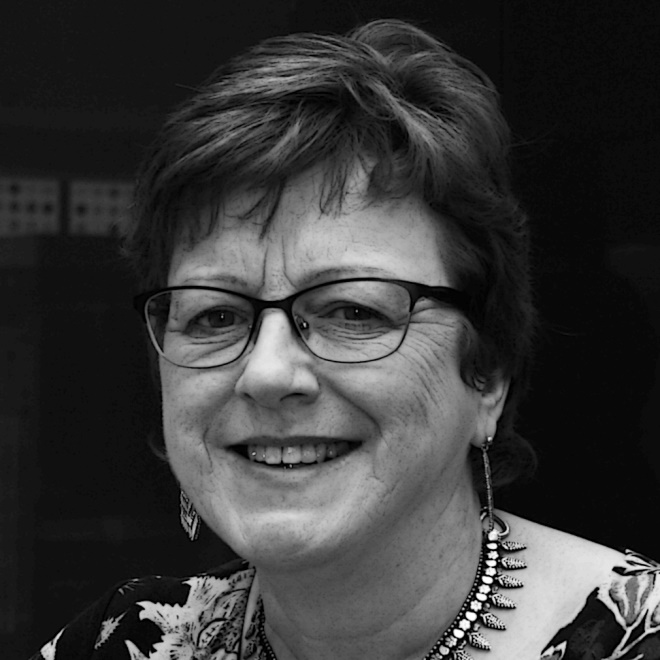
Sandra Gidley, locum
pharmacist
1. As a community pharmacist first and foremost, I believe it is essential that we continue to champion the case for making better use of the clinical skills of community pharmacists. We need to build on the Murray review and work at all levels, from persuading the chief pharmaceutical officer that this should receive full support to supporting pharmacists in delivery. Community pharmacists need to be the first port of call in the NHS and should be able to take on caseloads of patients, working with local GPs.
2. To do this most effectively the community pharmacists need to be better integrated with pharmacists working in other sectors, such as practice pharmacists and hospital consultant pharmacists. We can learn from each other and be more effective if we work together, and even more effective if we have proper read/write access to the patient record.

Hala Jawad, practice pharmacist/community pharmacist; founder of iPharmacist UK
1. Priority number one would be strengthening our working relationships across the differing healthcare sectors. As a GP practice pharmacist, I find that many services can actually be introduced to the community pharmacy setting in order to help manage patients better. Making better use of the existing skills and services of community pharmacy to do this can free up time for GPs to manage more urgent cases and complex conditions.
2. Secondly, I would like to try to increase the involvement with social media and the RPS platforms through digital media. This will engage and carry a strong message with our younger cohorts.

Brendon Jiang, senior clinical pharmacist, Taunton Symphony Test and Learn; GP pharmacist, CLICK Federation; community pharmacist, Boots UK
My two main priorities will be to focus on improving inter-professional cooperation and support. I see the role of GP pharmacists as facilitators between community pharmacy, primary care and secondary care. Practice pharmacists embedded within surgeries ease communication, smooth patient journeys and accelerate service development. My cohort of GP pharmacists is 400 strong and the second cohort, soon to be launched, will more than triple to 1300. A GP pharmacist is coming to a surgery near you.
In my experience, GPs who may initially be sceptical of pharmacists’ abilities are quickly won over when we demonstrate our capability. Winning this battle for hearts and minds enables a paradigm shift that unlocks opportunity. Commissioners are looking for innovative services which deliver more affordable care, closer to home. Pharmacy is ideally placed to contribute to long-term condition management, antimicrobial resistance, polypharmacy, deprescribing, care homes, medicine optimisation and reconciliation, to name a few.
My vision involves GP pharmacists breaking the barriers between community pharmacies and practices, forming networks which shift pharmacy practice from its current state of silo working to a collaborative model of peer support. Imagine completing your continuing fitness to practise revalidation together with your community, GP and hospital peers.
Regardless of whether I am elected or not, I urge you to find out what is happening in your area and reach out to your colleagues. We are one profession and together we are stronger.
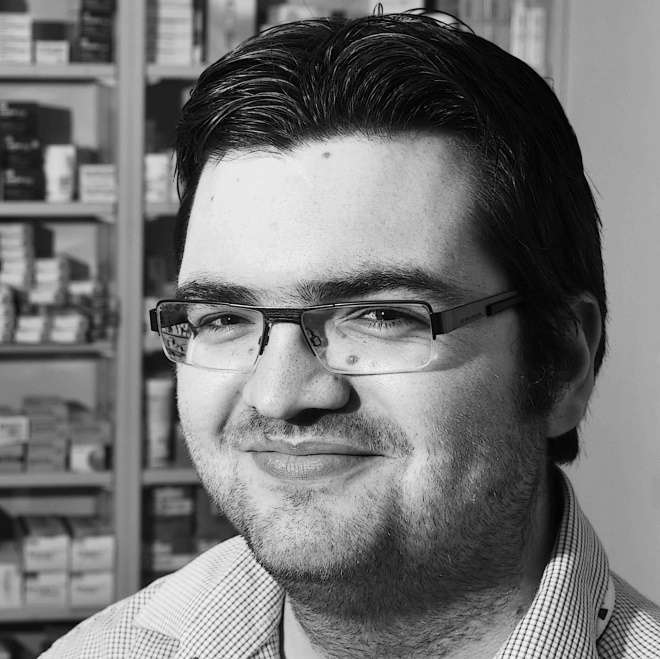
Ben Merriman, pharmacist, Gorgemead Ltd T/A Cohens Chemist
1. First and foremost, I want all sectors of pharmacy to be effectively represented. The view that the government has of community pharmacy is plain wrong. For the Chancellor of the Exchequer, Philip Hammond, to recommend that community pharmacy should move away from a bricks and mortar model shows complete ignorance of what we do for our patients. Reducing provision of face-to-face care can only lead to increased strain on already overstretched general practices and accident and emergency departments, reduce patient choice and ultimately worsen health outcomes for patients. For the government to resort to making insulting remarks about sales of shampoo and sandwiches in the recent Judicial Review shows me that they really don’t know what we do and the value we bring to both the NHS as a whole and to countless numbers of individual patients.
2. Secondly, I want to bring unity to the profession. There seems to be a rift between pharmacists working in community and those that work in either secondary care or within general practice. This rift has reached a peak with the term ‘clinical pharmacist’ being promoted by both the Department of Health and NHS England for pharmacists working in and around general practice. As far as I am concerned, all pharmacists are clinical, given the training we receive at university. No one sector is better or more valuable than another. Ultimately, we have all worked hard with one common aim; to make sure patients are able to live happy and healthy lives. It is only when we work together that we get the best results.
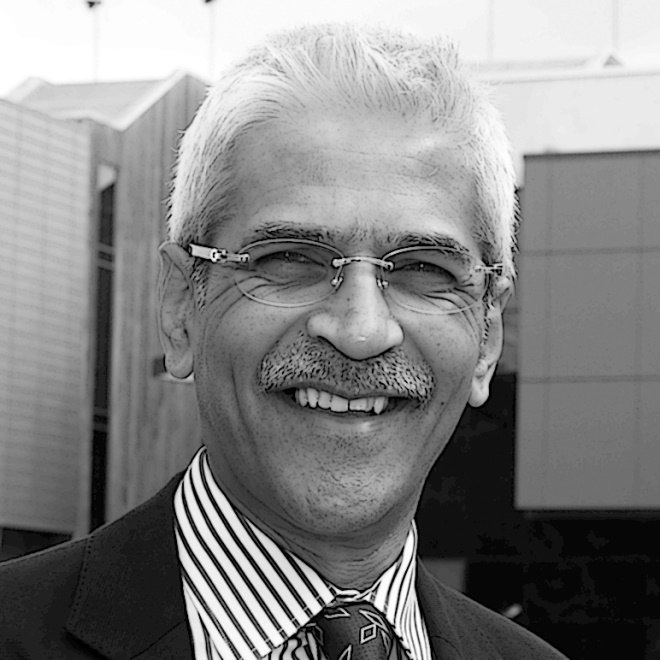
Mahendra Gulabbhai Patel, principal enterprise fellow and senior academic pharmacist, University of Huddersfield; Pharmacy research champion, Yorkshire & Humber Local Clinical Research Network, National Institute for Health Research
When I offered to serve on the English Pharmacy Board, I committed myself to several priorities:
- Encouraging and influencing the RPS and its members to engage noticeably with organisations such as the National Institute for Health and Care Excellence (NICE)
- Promoting and supporting more pharmacists to attain scholarships and fellowships
- Harnessing academia and industry by developing a research-ready infrastructure
- Supporting and identifying innovative practice nationally
Today, I can confidently say that I have delivered on all my promises. During my time on the board I have helped influence the RPS to gain NICE accreditation – an international recognition of our process for producing guidance. In addition, we now have more NICE scholars and more fellows (through both NICE and RPS); to date there are 204 research-ready pharmacies established nationwide; and I lead the National Innovators Forum. I am once again offering to serve on the board and committing myself to key priorities, two of which are:
1. To continue raising professional standards of practice at all levels through closer collaboration and partnership with relevant organisations and policy makers; to strengthen the national workforce through continuing to create new jobs and roles; and to provide sufficient resources to equip members to deal confidently with the challenges and opportunities of today and beyond.
2. To further reach out to members at all levels and all sectors by providing appropriate mentoring and developing tailored support to meet their needs, beginning from the early years of their professional journey.
Based on my experience to date, I am confident that I am capable of delivering these priorities with commitment and passion.
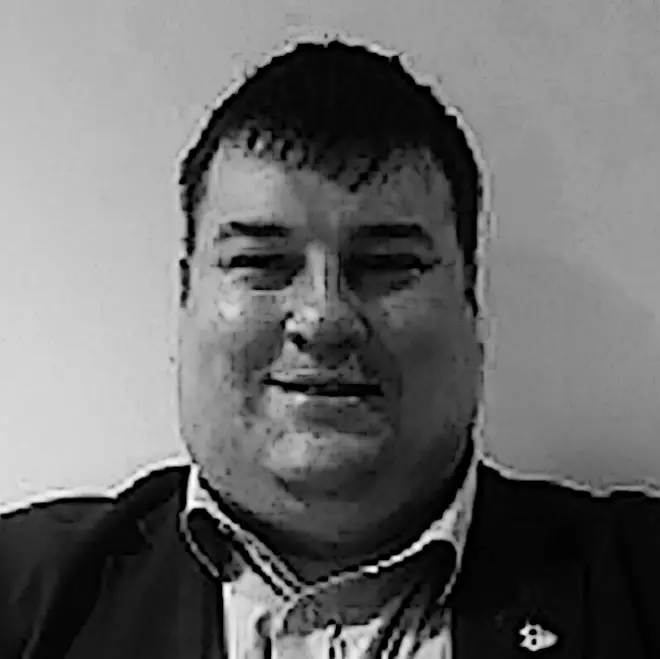
Stephen Riley, senior primary care manager NHS England; self-employed community pharmacy and medicines optimisation service provider; director, Medicines Optimisation Ltd
If elected to the English Pharmacy Board my top two priorities will be to protect our invaluable community pharmacy network and support optimal utilisation of pharmacists’ expertise.
There is a requirement to work differently and embrace innovations in community pharmacy. Following revelations during the judicial review processes there are misconceptions that community pharmacy is a subsidised retail sector, focused on the technical aspects of medicines supply. I will strive to overcome barriers and misconceptions, working with key organisations to deliver the overdue defence against the threat of prosecution for genuine errors. I will work to support development of a fair pharmacy contract, which is service not supply focused. I will support innovations and changes to the supervision of pharmacy services, which enable us to deliver new services and patient care more efficiently–but only those which keep the pharmacist at the heart of patient care. I will support the integration of pharmacy into wider primary care services and embed a structured professional development pathway in community pharmacy.
With respect to the optimal utilisation of pharmacists’ expertise, we need to move away from a sectoral mindset. It is not just the case of collaborative working between differing sectors. I will champion the use of the most appropriate pharmacists’ skills and expertise to support patient care and I will support cross-sector working. I will strive to ensure that all pharmacists are recognised as clinical and that we are defined by what we deliver as opposed to where we practise.
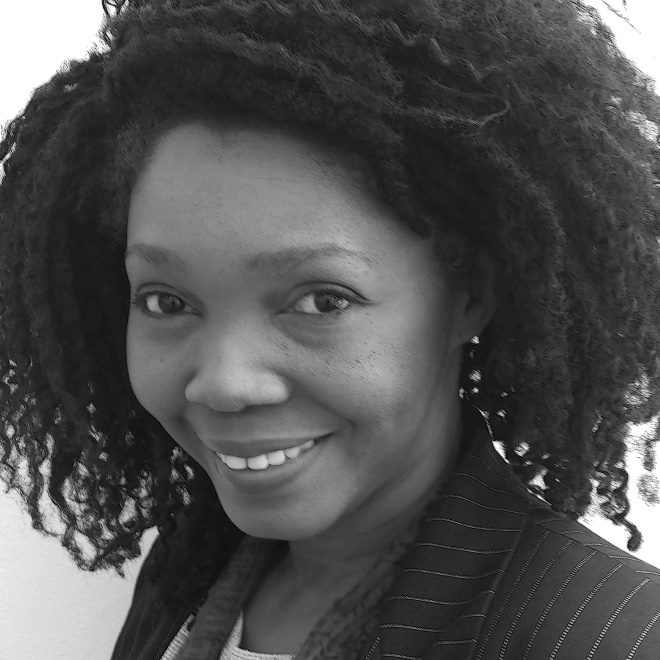
Sally Omolara Rose, locum pharmacist, community
My priority will be to continue to share my passion and communicate our core value as pharmacists to the membership, stakeholders and policy makers. This in turn, will involve enthusing the membership, helping us ride the new wave.

Robert Severn, branch manager, Well Pharmacy, Radcliffe on Trent, Nottingham
1. The RPS to lead and drive collaboration between pharmacy and the other health sectors, ensuring that as the voice of pharmacists the RPS is a key stakeholder, but to also act as a ‘one profession’ organisation, to stand up and prevent the fragmentation of our great profession, not in the sense of hindering or slowing the development of work that pharmacists undertake, but to promote these, and showcase what more we could do, not just in new areas but by unleashing the hidden potential in traditional settings too.
2. Reinvigoration of local practice forums (LPFs). I know from talking to pharmacists that many feel isolated; this shouldn’t be the case. I also know that in some areas LPFs are thriving and delivering based on the needs of their members. The RPS needs to ensure thriving LPFs are to be found across the nation, and that all members have access to one. Recently, I was fortunate to be able to observe an English Pharmacy Board meeting and I was heartened to learn that LPFs are on the work plan of the RPS. In addition, we need to have a strategy of engagement for pharmacists who are no longer members of the society, they need to understand the benefits of membership and as members we need to encourage and promote this.
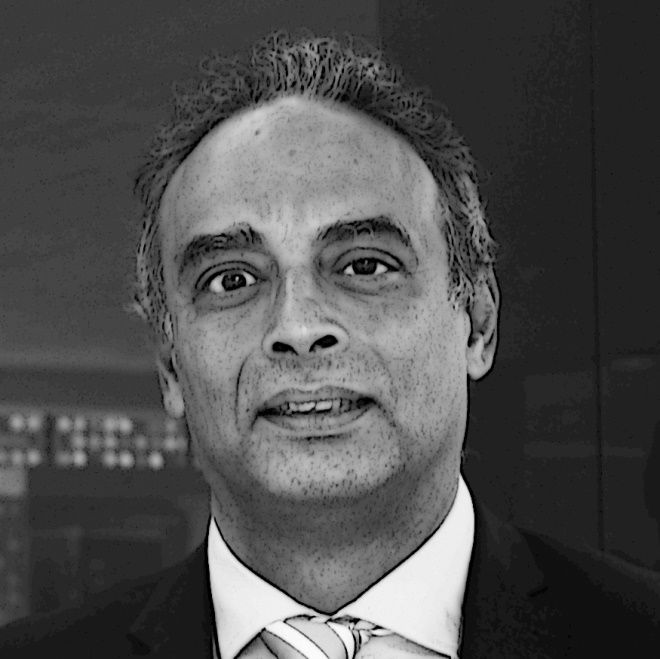
Ashok Soni, pharmacist, Copes Pharmacy
1. The top priority must be to continue to develop the integrated roles that pharmacists must play in supporting patients through their expertise around medicines. There are major changes proposed in community and hospital pharmacy and it is important to support members as these changes are implemented. The term clinical pharmacist must disappear as a means of differentiation. I will continue to advocate this across professions and policy makers. All pharmacists must be seen as clinicians in a multitude of settings and the language being used must change to reflect this expertise.
2. The second priority is that I will continue to promote the development of prescribing pharmacists. I want to see it fully integrated into the undergraduate curriculum so that, on registration, pharmacists can prescribe under supervision. This will continue until completion of foundation training and then, subject to demonstrating the required competencies, they will prescribe independently in patient-facing roles. Simultaneously, all existing pharmacists must have the opportunity to become prescribers and this should become routine in providing clinical care. This will ensure pharmacists are fully integrated into care teams and will drive the implementation of full read and write access to the patient record. Pharmacists will then move between different settings utilising their generalist and specialist skills to improve patient outcomes and ensure that all are able to get the best from their medicines. This should not detract from our responsibilities to promote and deliver health promotion and prevention measures including an enhanced vaccination offer to maximise patient choice.

Altaf Vaiya, community pharmacy manager/director
If I am elected to the English Pharmacy Board of the RPS, I want to focus my efforts on helping unite our profession. Pharmacy is a profession with many sectors, it’s a profession that is constantly evolving. I want to help achieve the RPS’s goal in being the professional voice of pharmacy. Members need to see the value of paying for membership and I want members to feel the RPS is listening to their needs.
Secondly I have seen the difficulties that preregistration pharmacists and newly qualified pharmacists are having, I want to voice the concerns of this group and help bring solutions to issues they are facing especially in light of community pharmacy funding cuts in England which is leading to decreases in pay and increases in workload.
I pledge that I will strive to protect the future of the pharmacy profession and I will work hard to send a message to the public that pharmacists have a great role in developing, sustaining and improving healthcare. Pharmacy is a great profession, I want to work hard with RPS members to make pharmacy a greater profession for tomorrow.
Scotland

Ewan Black, pharmacy superintendent and manager, Greenhead Pharmacy, Dumbarton
1. My first priority will be to continue to maximise, and advertise, the relevance the organisation has for community pharmacists. Too many of my community pharmacist colleagues feel that the RPS is not for them. If re-elected, I will do all I can to change their perceptions, and to ensure the organisation does all it can to stem the constant erosion of professionalism that bedevils community pharmacy practice (and which undoubtedly contributes to this situation). Whether we like it or not, or are even willing to acknowledge, the current realities of community pharmacy practice all too often mitigate against professional autonomy. Obviously, there are beacons of great practice, and as practitioners we have the opportunity to learn and be inspired by these, but we have to acknowledge the realities. As an organisation, we are ideally placed to help our members “be the best they can be”. However, we do the profession, and our patients, no favours by accepting, or even condoning, the status quo. Professionals need a strong professional leadership body, or professionalism will inevitably wither.
2. This leads on to my second priority. It is obviously vital that any changes to the supervision regulations under which we operate do not pose a risk to patients. However, it is equally vital that any changes help facilitate community pharmacists becoming better placed to deliver the pharmaceutical care that is so badly needed. If re-elected, I will do all I can to ensure that any RPS input into this important work reflects this.

Jonathan Burton, community pharmacist and director, Right Medicine Pharmacy, University of Stirling
1. My main priority would be to ensure as much as possible that the issues being discussed by the board and actioned by the RPS in Scotland are those which are most relevant to the professional lives of pharmacists in Scotland. To achieve this we need board members who are committed to representing the entire membership and developing a clear plan for communicating with said membership. I feel I can do this.
2. My second priority area would be to ensure the Society really delivers value for money in terms of helping pharmacists with their continuing professional and personal development. I would be focusing on the Foundation and Faculty programmes, The
Pharmaceutical Journal and Clinical Pharmacist publications, and also our local events and engagement strategy as key strands of our professional development offering. For each we need to ask, “is it working for members and, if not, what do we do practically about that?”

Ross Ferguson, freelance clinical author; freelance pharmacy and healthcare writer; editor of pharmacyinpractice.scot; creator of Kid-Dose app, and locum pharmacist
1. I want to ensure that as the professional organisation for pharmacists, that the RPS delivers what members need. At the moment we’re running at just above 50% membership and I think we need to improve on that. As part of this nomination process I discovered that less than one third of my Uni friends are members – for them the RPS holds no appeal. We need to change that. I want to use my experience and understanding of pharmacy and pharmacists to ensure that being a member of the RPS is essential because of the services, support and leadership it provides.
2. I also want to help the RPS communicate better with members. I know there have been some great results with the media strategy, but I think our communication with members has been lacking for some time – that needs to be a priority. We need more transparency across the organisation on a whole range of issues, otherwise the barriers between the RPS and members will remain – we need to feel part of the organisation if the RPS is to finally shed the historical image associated with its previous regulatory function.
So, my priorities are about the RPS itself – get that right then we can talk about priorities for the profession. The more representative the RPS is, the better it will be at supporting and leading the profession, and ultimately this will be better for patients.
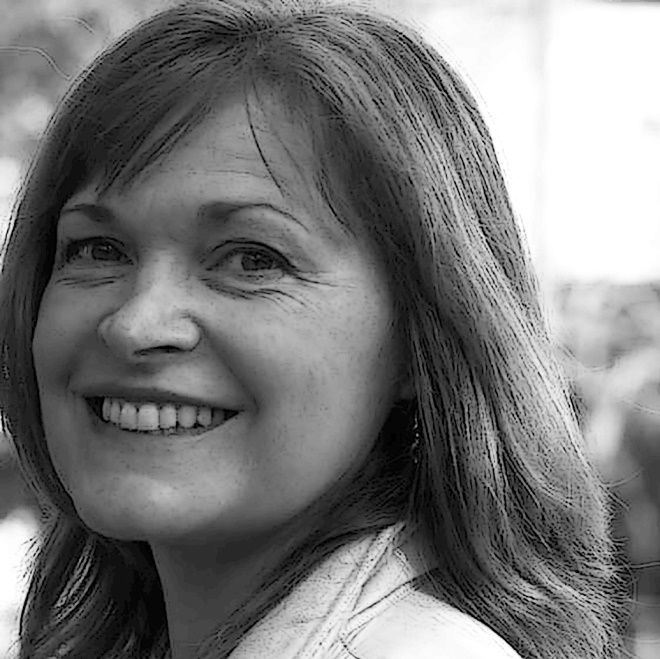
Ailsa Power, associate postgraduate pharmacy dean, NHS Education for Scotland
1. The RPS is all about the members. The fundamental role of the RPS is to support its membership. Therefore my first priority would be to interact and listen to Scottish RPS members, understand Scottish priorities; focusing on the issues that really matter to them and how RPS can assist and make their jobs more manageable. Developing and extending the membership of the RPS in Scotland is important. The bigger the membership, the stronger we are to capitalise on any potential future opportunities.
2. My second priority would be to the public. Our role as a pharmacist has changed significantly over the last decade. No other profession has undergone such a transformation, but does the public know what our role now is within the healthcare team? Do they know where and from whom they can access care in the most convenient and timely way? Or are the majority of our patients still trying to access a GP, attending out-of-hours clinics or turning up at A&E? We all entered the profession to provide the best care possible for patients. It is therefore our duty to educate the public on the capabilities of pharmacists and what care they can receive when and where. This is the role of the RPS — the pharmacy professional body — a publicity campaign is a definite priority. Creating stronger relations with patients and the public will not only provide better patient care but will support pharmacists’ future roles.
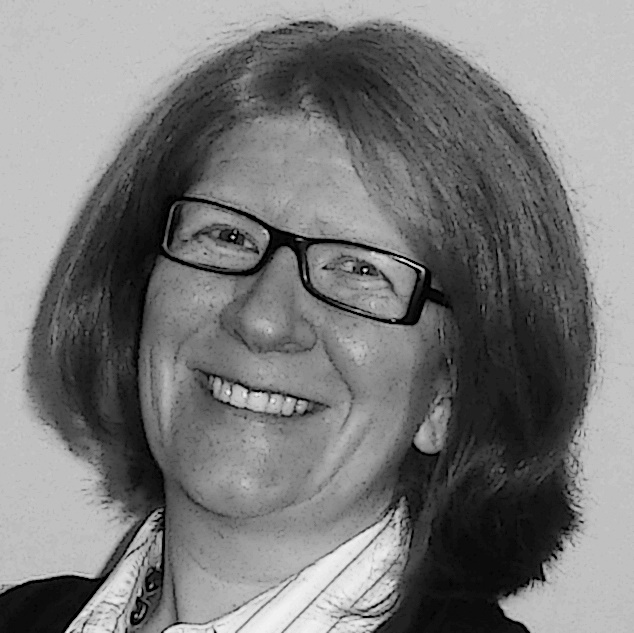
Deborah Alice Stafford, principal pharmacist for education, training and development within NHS Tayside
1. My two priorities when elected to the board will be to first bring my professional working experience and understanding to board discussions and debates ensuring that hospital issues are included. To have hospital challenges and developments included in the Scottish Pharmacy Board (SPB) work programme and manifesto they need to be voiced. The RPS membership is heavily weighted towards community pharmacy, but the hospital RPS members face challenges and their services have future workforce issues. The SPB will listen and act through raising political awareness, but hospital colleagues must vote for the board they feel represents their needs and be prepared to engage. I will use my networks and working partnerships to offer a channel for members to communicate with the SPB.
2. Second, there is much emphasis on research and the need for pharmacists to engage with research in the workplace. This is important but in terms of future workforce development, I feel that as a professional body and royal college there is a need for the RPS to engage members to mentor and role model for our junior colleagues and other members of the pharmacy and wider healthcare team. The introduction of workplace education requires a positive culture to be successful and effective. The SPB, along with NHS Education Scotland and the schools of pharmacy, need to work with the profession to mobilise pharmacists as confident mentors and educators on a day to day basis. This is a priority that I feel needs addressed.


